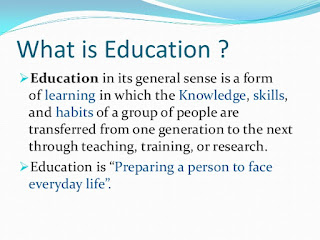Education Studies: the issues explored
The rest of this volume seeks to reflect the nature of the discussion within this chapter. While it is not exhaustive, it will provide the reader with a detailed introduction to the issues they will encounter as they progress with their studies. Part 1, ‘Theoretical Perspectives’, demonstrates that education is not absolute. That is our current system is neither natural nor unchangeable; indeed, it is only relatively recently that education for all in the UK has been available. The part also demonstrates that the current system is ideologically based and that various alternative approaches and philosophies could be considered. Education Studies: the issues explored Part 2, ‘Policy’, shows us that political intervention in education shapes the experiences of learners. We can examine issues of international approaches and also the impact that international competition has upon the British system. In this part, alternative educational provision is considered, which helps us exam...

